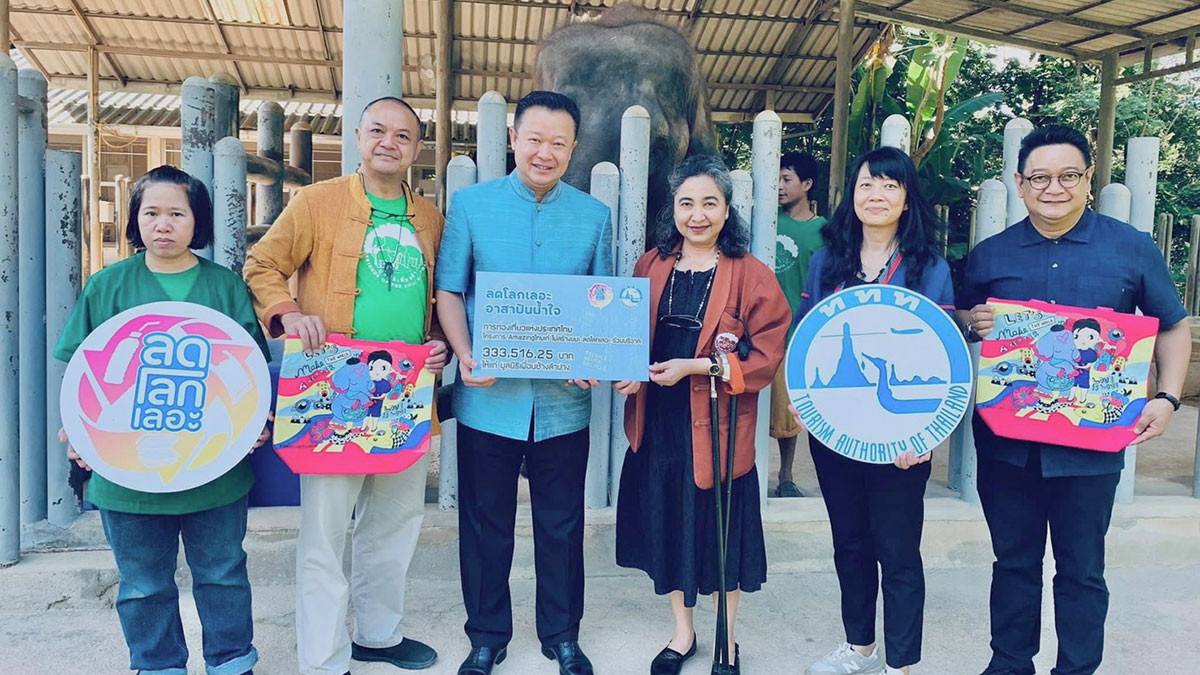TAT brings public and private sectors together to hammer out responsible tourism goals
Contributors are not employed, compensated or governed by TDM, opinions and statements are from the contributor directly

The Tourism Authority Thailand (TAT) has announced it is spearheading a new initiative to encourage the development of relationships between the public and private sectors, to help drive socially and environmentally responsible tourism in the country.
This new campaign comes after a TAT delegation, led by TAT governor Yuthasak Supasorn, visited Krabi and Phang Nga in the Andaman coastal region, where the organisation met with local groups and carried out inspections of popular tourist spots to gather data and gain a true assessment of conditions on the ground.
The TAT delegation met with local officials from the DNP (Department of National Parks, Wildlife and Plant Conservation) as well as representatives from the Krabi and Phang Nga Tourism Associations and the local community to discuss objectives. With an aim to encourage both tourists and businesses to address waste problems generated by the country‘s tourism sector in key travel destinations.

Following what “TAT described as a candid exchange of ideas and information on tourism management” (above), all stakeholders present agreed on the importance of working together to achieve the shared goal of socially and environmentally responsible tourism.
Supasorn said: “TAT is now proactively promoting an abundant selection of other secluded islands, beautiful beaches and bays that Thailand’s Southern region is famous for. These include Hat Noppharat Thara–Mu Ko Phi Phi National Park, Loh Samah Bay, Loh Pileh Bay, Wang Lang Bay, Nui Bay, Ling Bay, Laem Tom Bay, Ko Phai (Bamboo Island) and Khao Ngon Nak, to name just a few.”
TAT’s responsible tourism policy is anchored by the recently announced ‘Travel Thailand in Style, Reduce Plastic Waste’ collaboration initiative to cut tourism-related waste by up to 50% by 2020. The on-going framework envisions TAT working hand in hand with partners to launch continuous campaigns and initiatives for responsible tourism.


Comments are closed.